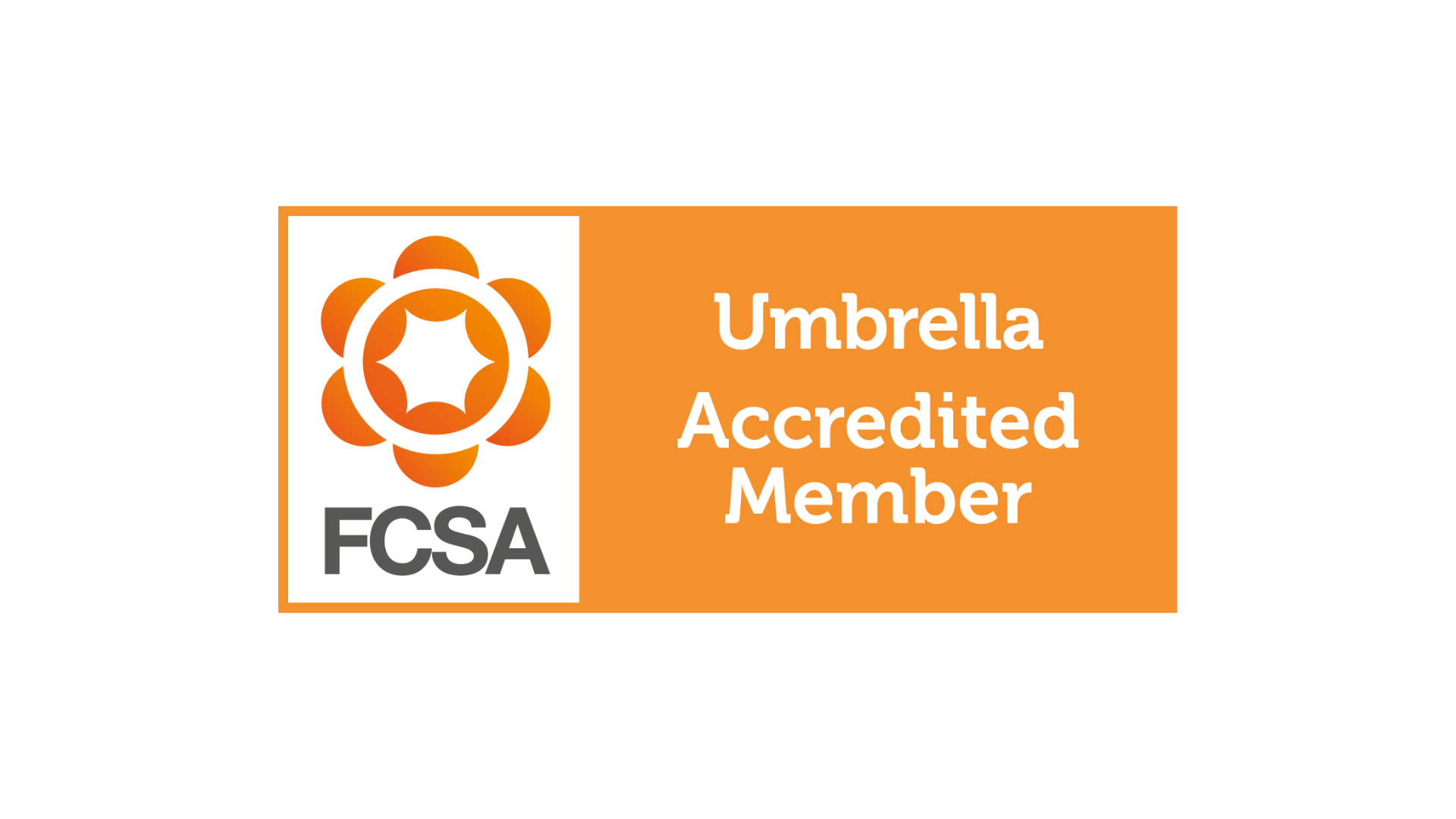
What is Self-Assessment?
Self-assessment is a system HM Revenue and Customs (HMRC) uses to collect Income Tax. Tax is usually deducted automatically from wages and pensions via the Pay As You Earn (PAYE) method. People and businesses with other income must report it in a tax return.
Those using Self-Assessment file an annual tax return to report their income. The tax return covers the period from 6 April to 5 April, with the tax return and any subsequent tax due by the following 31 January. HMRC then calculates what you owe to factor in all of your income, as what you earn from one source may affect what tax you owe on another source due to how our tax bandings work.
Using an umbrella company does not mean you need to file a tax return; however, you may need to file if you meet any of the following criteria. These include if you:
- You are working for yourself – you are self-employed;
- You are a partner in a partnership business;
- You are a minister of religion – any faith or denomination;
- You are a trustee or the executor of an estate.
You also might need to complete a self-assessment tax return if:
- You are a company director if you have income that is not taxed under PAYE;
- You have untaxed income such as rental income or interest;
- You have foreign income on which UK tax is due;
- You are a non-resident, and you have taxable income in the UK. This includes non-UK resident landlords;
- You have income from savings and investments of £10,000 or more before tax;
- You have an annual income of £150,000 or more before tax;
- You or your partner receive child benefit, and either of your adjusted net income is over £60,000;
- You are liable to certain other tax charges, such as on ‘excess’ Gift Aid contributions or pension contributions;
- You are liable to tax on a state pension lump sum which you deferred from before 6 April 2016;
- You incorrectly claimed coronavirus support payments, which you have not already repaid to HMRC;
- You have tax due at the end of the year that cannot be collected via your PAYE coding notice in a later year;
- Your untaxed income is £1,000 or more – but if you are a pensioner, you may be able to pay your tax through your PAYE Coding Notice;
- Your claims for work expenses are £1,000 or more;
- You have capital gains where:
- You have given away or sold assets worth £50,000 or more or
- You have a capital loss, but your gains net of any losses are more than the annual exemption for 2024/25 of £3,000 or
- You have no losses to claim, but your gains are more than the annual exempt amount for 2024/25 of £3,000 or
- You need to make any other capital gains tax claim or election for the year.
If you are unsure, the Government has a handy tool on its website that will tell you if you need to file a tax return.
What to do if you need to file a tax return?
We can help put you in touch with MyAccountant, a specialist contractor accountancy firm (also FCSA accredited) we have worked with for over two decades. With them, you’ll be assigned a personal tax manager, who will:
- Send you our tax questionnaire to gather your data and establish the pertinent facts to prepare your tax return.
- If you have not filed a tax return in the past, we will register you with HMRC and obtain your Unique Taxpayer Reference (UTR)
- Prepare your tax return and provide you with the SA100 form and detailed tax computation.
- Electronically submit your return to HMRC and provide an emailed receipt as proof for your records.
We hope you find this guide helpful in answering some of your self-assessment questions. If you require assistance and are already with SmartWork, all you have to do is contact your business manager. Otherwise, feel free to call 0800 434 6446 or email us at info@smartwork.com.
For more relevant content aimed at freelancers and contractors, please visit the guidance section of our website and follow us on LinkedIn, Twitter and Facebook so you can see when we post a new article.


